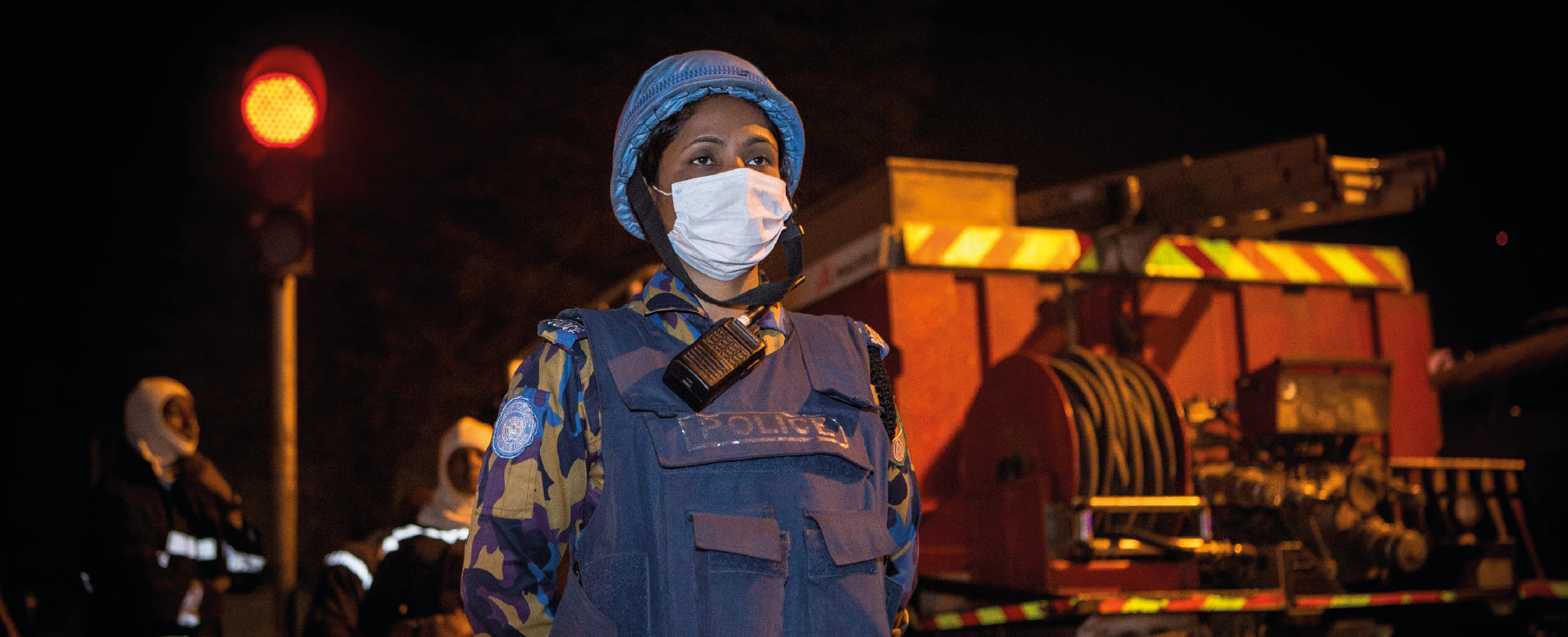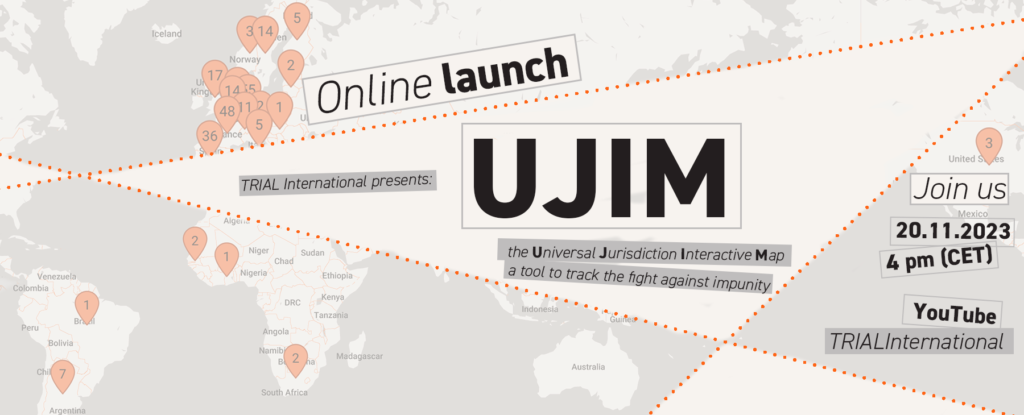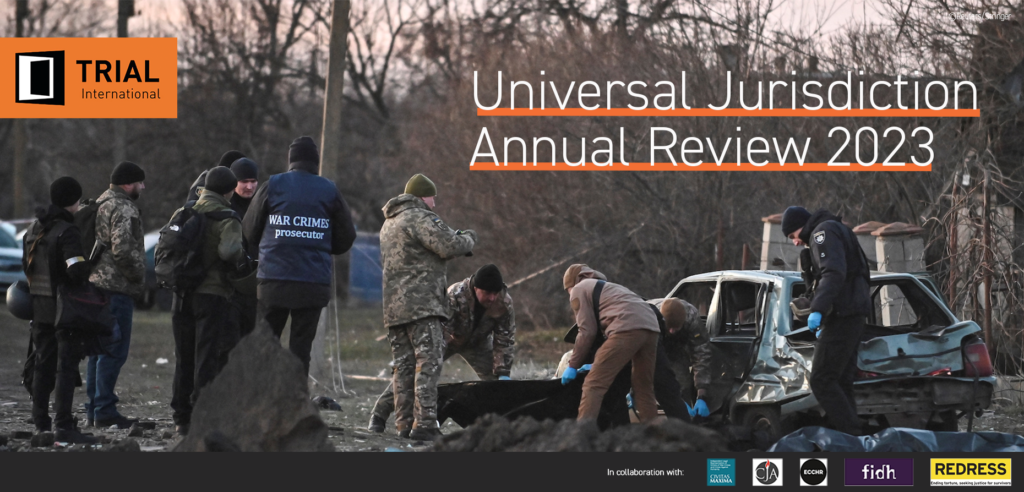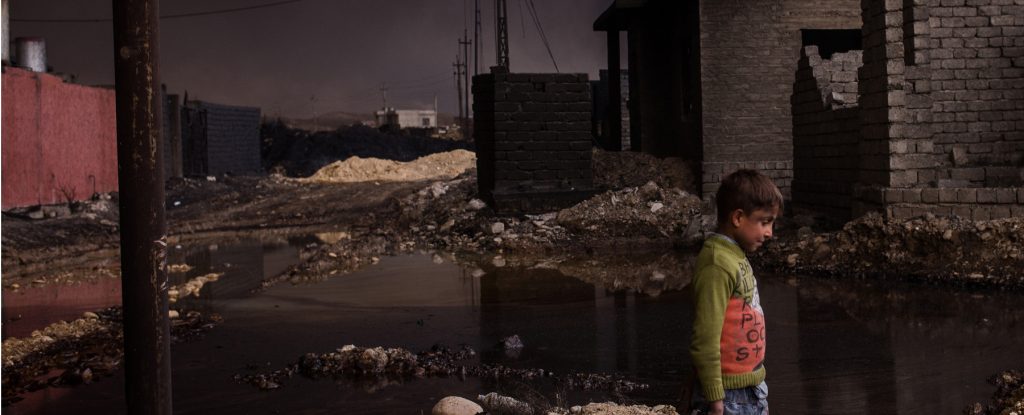Justice in the time of coronavirus: how a global pandemic affects victims of the gravest crimes
TRIAL International has compiled an analysis of the repercussions of the coronavirus on the fight against impunity and the quest for justice. The publication, entitled Justice in the time of coronavirus, looks at the various and sometimes indirect consequences of the pandemic on TRIAL International’s beneficiaries worldwide.

In the clamor surrounding the coronavirus pandemic, there seems to be nothing but emergencies: sanitary emergency, economic emergency, social emergency and so on. All are undeniably crucial, but none can be addressed without being ground in the most basic need of all: human rights.
Justice has an immediate role to play
The context of sanitary emergency has already proved to be conducive to abuse. Authoritative States cut corners on their citizens’ rights, using force disproportionately and passing repressive laws; non-State actors commit grave crimes in the hope that, amidst the chaos, they will get away with it.
Read the full analysis in Justice in the time of coronavirus
Philip Grant, Executive Director at TRIAL International, warns: “The fight against impunity cannot wait until after the crisis. Justice has a unique, vital role to play right now, for the protection of all, and especially the most vulnerable.”
Unfortunately, justice systems around the world are themselves directly challenged by the extraordinary situation. Justice in the time of coronavirus looks at three key aspects of international justice affected by the pandemic: the increased threat of human rights violations; crimes reporting and investigations; and the conduct of legal proceedings.
The document also gives an overview of the pandemic in TRIAL International’s main countries of intervention: Bosnia and Herzegovina, Nepal, Mexico, The Gambia, Burundi and the eastern regions of the Democratic Republic of the Congo (DRC). It concludes with considerations on civil society networks during and after the crisis.









